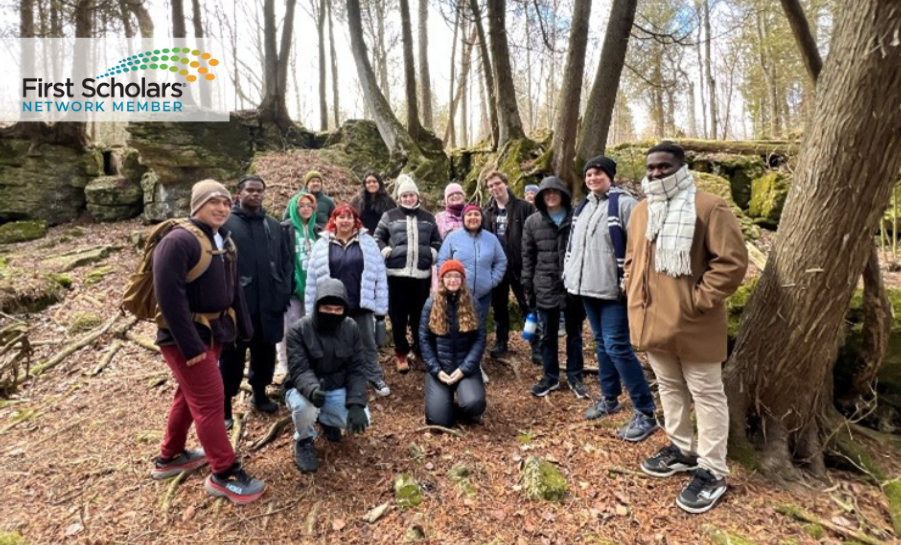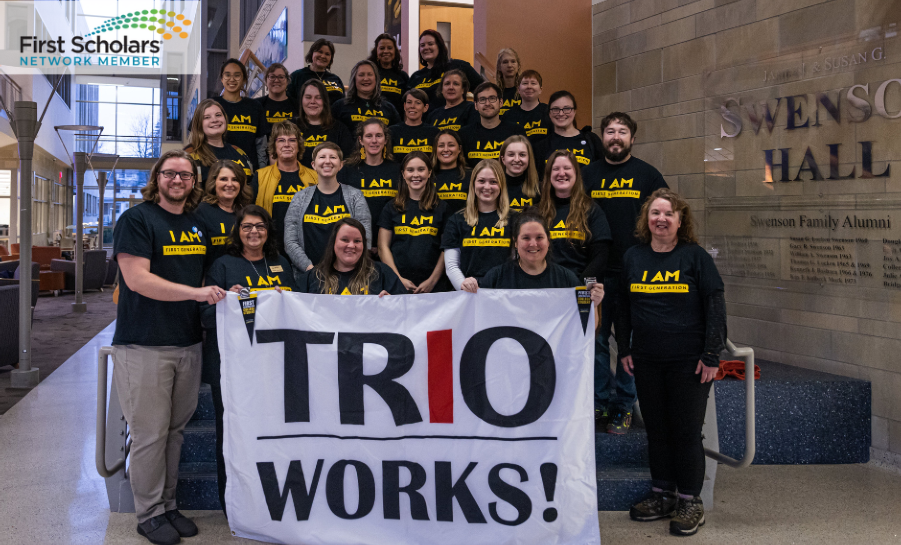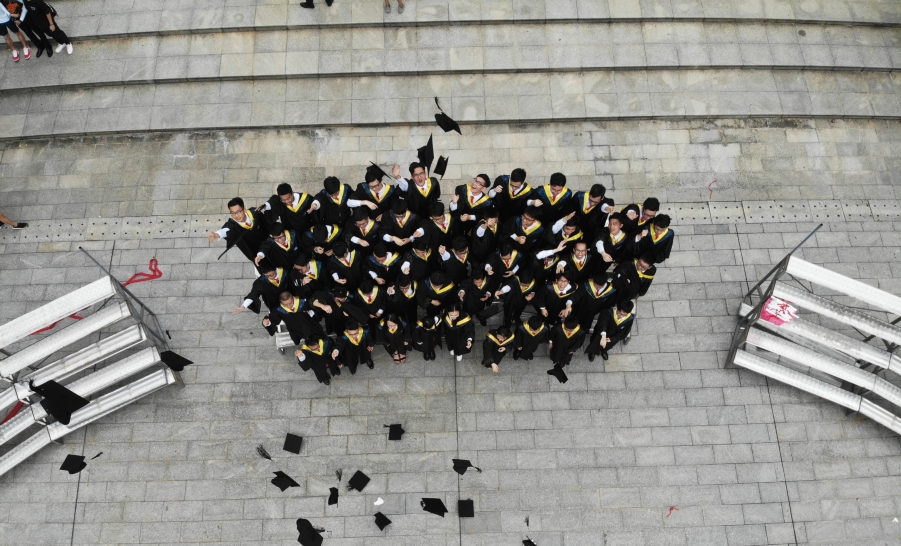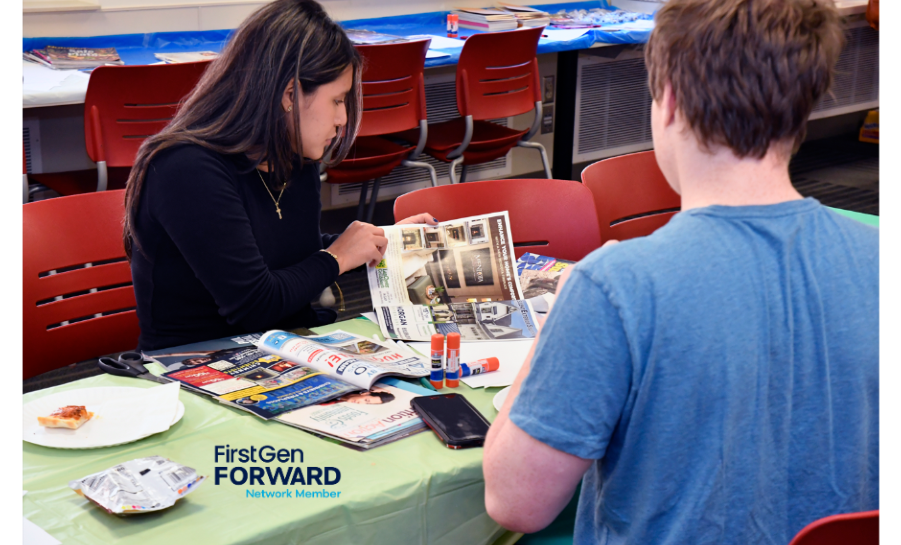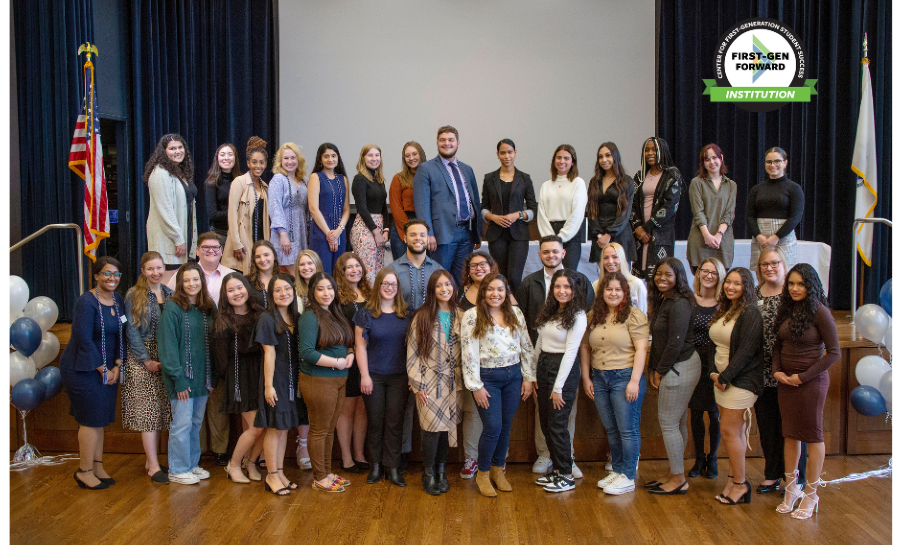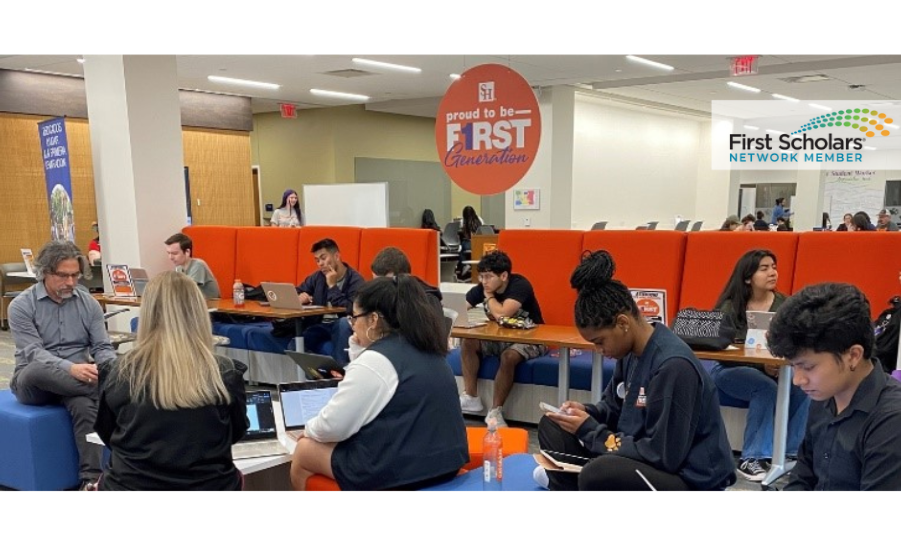Paragons of Today and Future: First-Generation Experience at OU
Tyler Figueroa, University of Oklahoma / FirstGen Forward / March 08, 2024
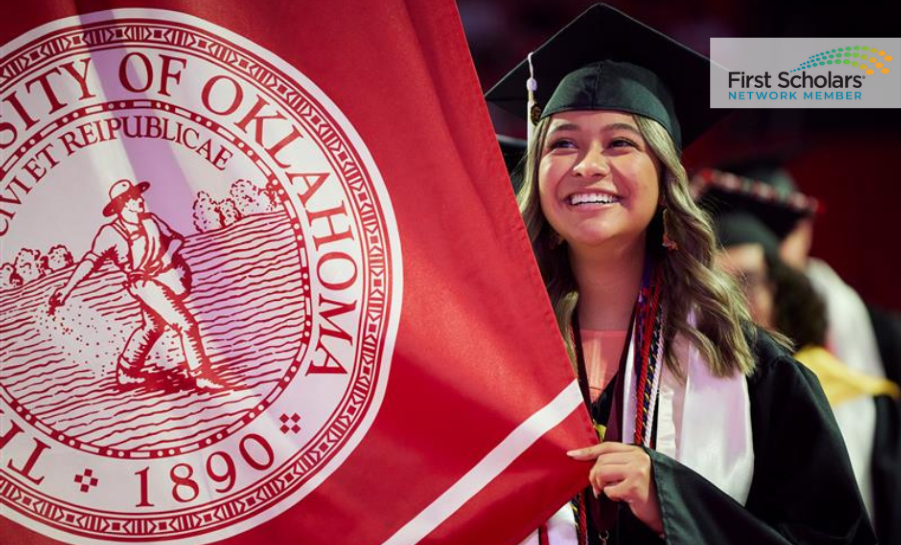
First-generation students are a testament that anything is possible. The path toward entering, navigating, and gaining sustainability in higher education is marked with challenges and barriers; whether financial, academic, societal or familial. First-generation students comprise over 1/3 of students in our higher education institutions, with 26.7% of The University of Oklahoma's (OU) class of 2027 constituting as first-generation per OU Office of Admissions. These students inform our worlds of today and tomorrow as symbols of hope, determination, and opportunity. The University of Oklahoma welcomes, supports and uplifts its current, past and prospective first-generation students.
OU offers multiple methods to meet the needs of its first-gen population. This includes admission counselors, academic resources such as writing and tutoring centers, Goddard Health Center, which is devoted to supporting the physical, emotional and mental health needs of its community and federally funded TRIO programs housed at OU’s TRIO Center.
First-generation students are a testament that anything is possible.
The TRIO Center includes Upward Bound, Project Threshold (Student Support Services), and McNair Scholars. The TRIO Center is a pillar to all OU community members, but especially those who are first-generation. The TRIO Center offers services that include academic advising, coaching and counseling undergraduate students, outreach, and engagement opportunities such as Upward Bound’s Summer Academic Institute, preparing first-generation students for higher education, personal development opportunities, and additional resources to support both academic and quality of life within higher academic institutions.
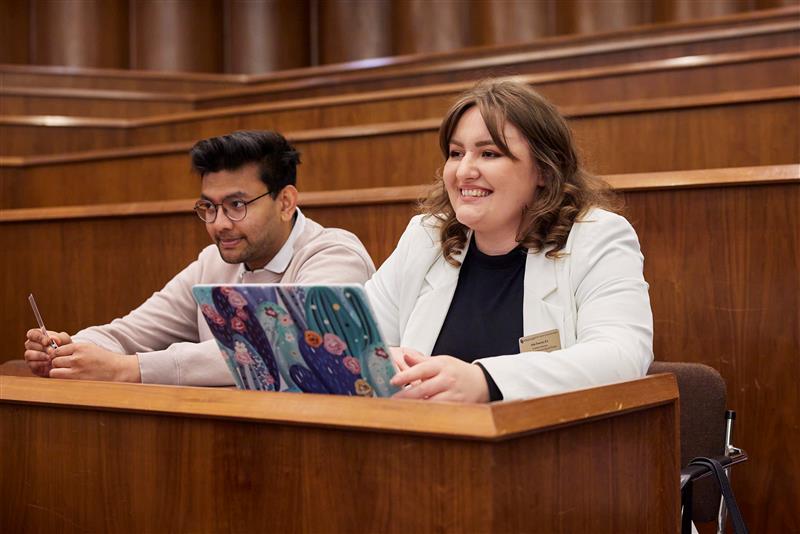
Executive director of the TRIO Center, Rosario Riley, illustrated how OU and the TRIO Center affirm and support its first-gen population, “TRIO programs at OU not only provide resources and support services to first-gen students, but we also focus on community building. We overcome challenges and barriers together, bounded by resilience and shared successes.”
The University of Oklahoma has honored its first-gen staff, faculty, and students through National First-Generation College Celebration Day (First-gen Day) celebrations which have included events featuring both academic and professional resources alongside community-building activities. Outside of actual first-gen day celebrations, first-gen faculty, staff and students were invited to present their research at the Division of Diversity, Equity, and Inclusion’s inaugural I.D.E.A. Symposium.
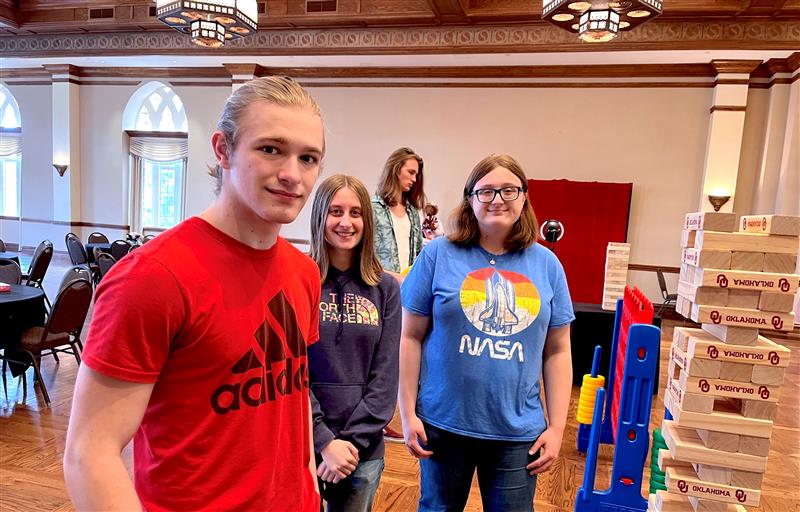
As first-generation student demographics continue to rise throughout higher academia, The University of Oklahoma aspires to further elevate and broaden its reach and impact within its commitment to first-generation community members.
